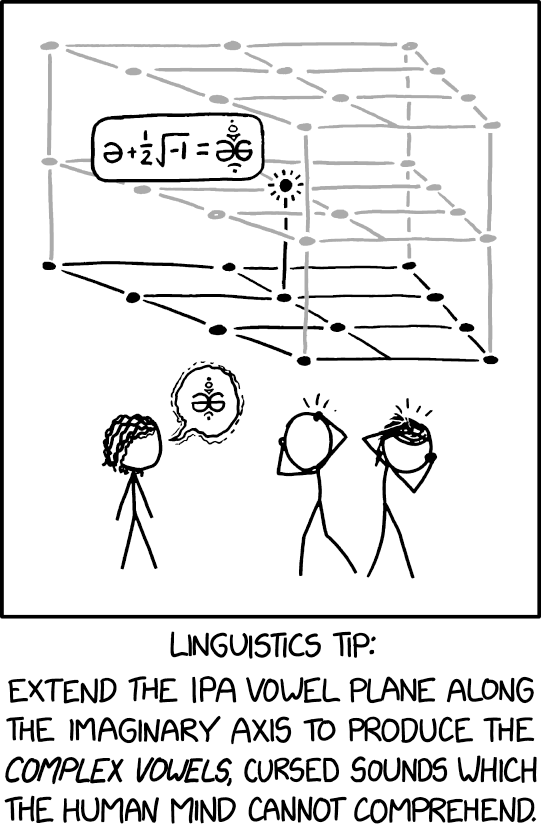Does "splooting" have an etymology?
In the summer of 1990, I spent a memorable five weeks at the outstanding summer institute on Indo-European linguistics and archeology held by DOALL (at least that's what we jokingly called it — the Department of Oriental and African Languages and Literatures) of the University of Texas (Austin). The temperature was 106º or above for a whole month. Indomitable / stubborn man that I am, I still insisted on going out for my daily runs.
As I was jogging along, I would come upon squirrels doing something that stopped me in my tracks, namely, they were splayed out prostrate on the ground, their limbs spread-eagle in front and behind them. Immobile, they would look at me pathetically, and I would sympathize with them. Remember, they have thick fur that can keep them warm in the dead of winter.
I assumed that these poor squirrels were lying with their belly flat on the ground to absorb whatever coolness was there (conversely put, to dissipate their body heat). At least that made some sort of sense to me. I had no idea what to call that peculiar, prone posture. Now I do.
Read the rest of this entry »



